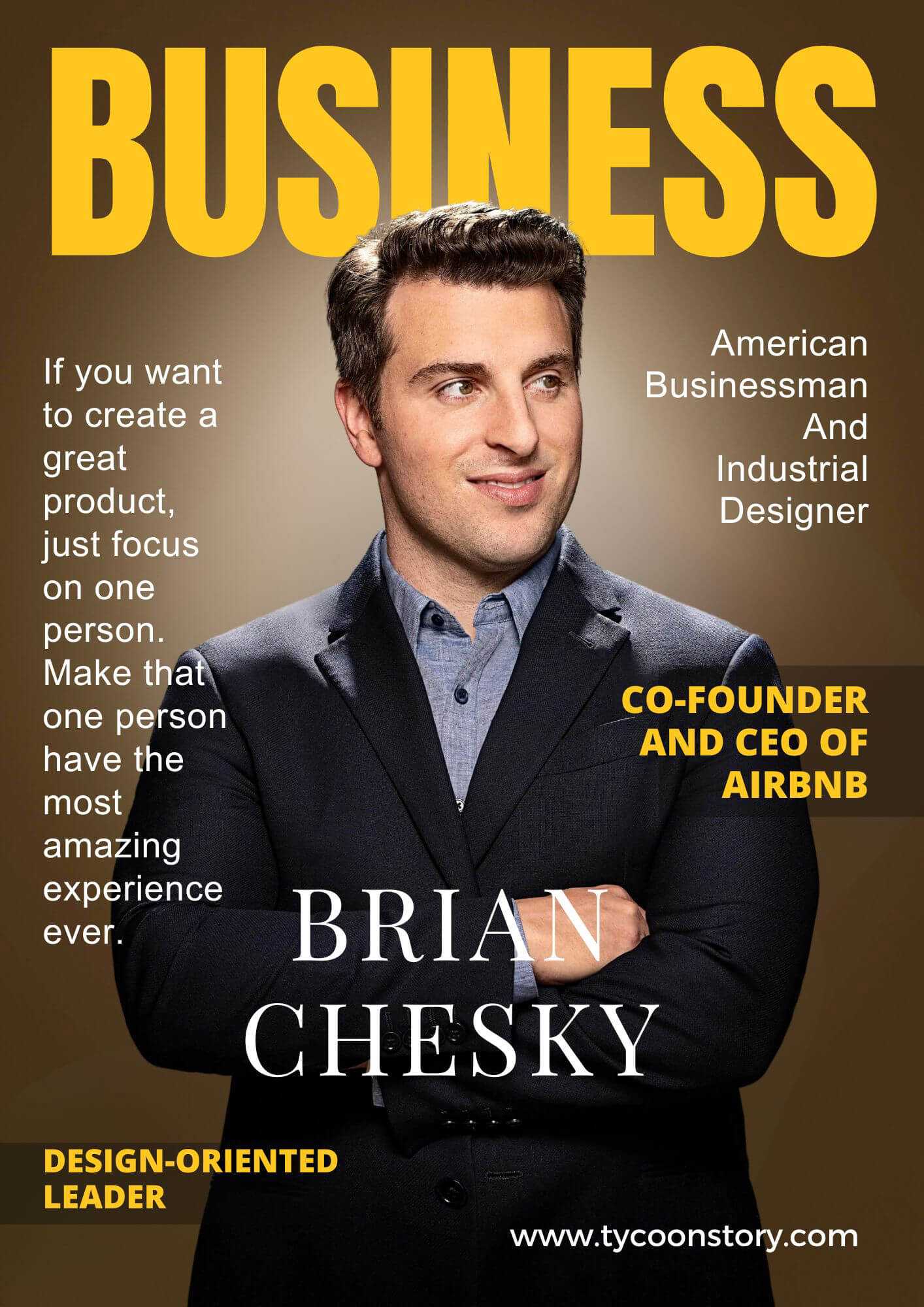Brian Chesky, along with his co-founders Joe Gebbia and Nathan Blecharczyk, is the co-founder and CEO of Airbnb, a highly successful online marketplace for lodging, travel experiences, and tourism activities. While not a lot of information is available about specific failures Brain Chesky faced before Airbnb, there are key aspects of his journey that highlight his ability to overcome challenges and achieve success:
Using customer-centric approach
A customer-centric approach was a crucial factor in Brian Chesky’s journey to success with Airbnb. Brain Chesky and his co-founders recognized that the success of Airbnb hinged on catering to the needs and preferences of their customers—both hosts and guests. They built their platform around the idea of creating meaningful and authentic travel experiences.
Together with his team, they actively listened to feedback from early users. They learned what travelers were looking for in accommodations and experiences, as well as what concerns potential hosts had. This understanding helped them refine their platform to meet these needs effectively.
Airbnb allowed hosts to create unique listings that reflected their personalities and space. This added a personal touch to the travel experience, and guests appreciated the opportunity to choose accommodations that matched their preferences.
Pivoting and adaptation
Airbnb didn’t start as the platform we know today. It began as “Air Bed & Breakfast” in 2007 when Chesky and Gebbia rented out air mattresses in their apartment to make extra money for rent during a design conference in San Francisco. The concept evolved over time based on feedback and market demand. This ability to pivot and adapt the business model played a significant role in its eventual success.
Resilience
Airbnb’s early days were challenging. The founders faced rejection from investors, and the concept of staying in a stranger’s home wasn’t immediately embraced by the mainstream. Despite these hurdles, Brain Chesky and his team persisted, continuously refining their product and message to attract users and investors.
Designing creative solutions
Brain Chesky ability to come up with creative solutions was a defining characteristic in his journey to success with Airbnb. This innovative approach to lodging disrupted the traditional hotel industry. The founder recognized that people were seeking more authentic and unique travel experiences, and he creatively designed a platform that allowed hosts to offer a wide range of accommodations, from spare rooms to entire homes.
Trust and safety were significant concerns for users. The CEO and his team creatively addressed this by implementing a two-way review system, verified user profiles, and secure payment methods. These solutions helped build a sense of security among both hosts and guests.
He did not shy away from challenges; he saw them as chances to innovate. When Airbnb’s growth led to regulatory issues in some cities, the CEO worked creatively with local governments to find solutions that would benefit both hosts and communities.
If you want to create a great product, just focus on one person. Make that one person have the most amazing experience ever.
His background in design played a significant role in shaping the user experience of Airbnb. He applied design thinking principles to create an intuitive platform that appealed to users’ emotions and needs.
Problem-solving
Brain Chesky and his co-founders actively tackled the challenges and objections that arose in the early days. This problem-solving approach helped them address safety concerns, build trust among users, and create systems for handling payments and reviews.
Takeaway
Brian Chesky’s ability to think outside the box and come up with innovative solutions sets Airbnb apart from its competitors. His creative mindset allowed him to transform challenges into opportunities and reimagine the travel industry. For aspiring businesspersons, Chesky’s entrepreneurship journey highlights the importance of embracing creativity as a tool to solve problems, differentiate your business, and meet evolving customer demands.




